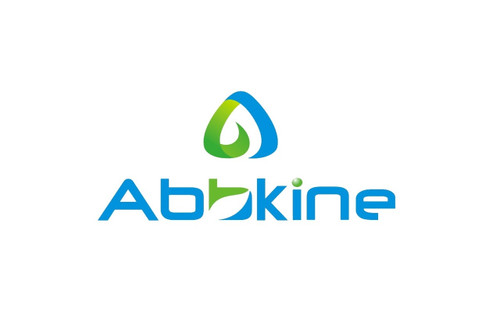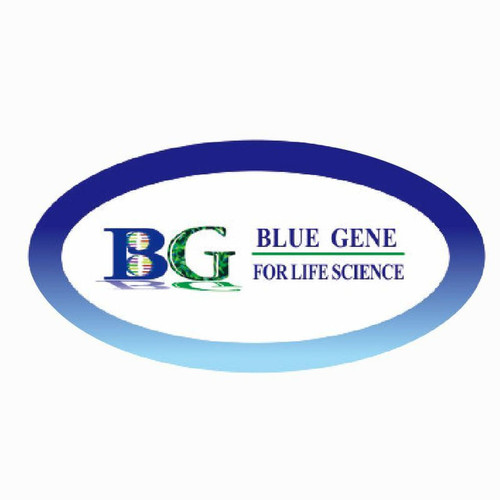Product Description
Rat Anti-glucoprotein 210 antibody (GP210-Ab) ELISA Kit | AE62716RA | Abebio
Species Reactivity: Rat (Rattus norvegicus)
Abbreviation: GP210-Ab
Alternative Name: N/A
Application: ELISA
Range: Request Information
Sensitivity: Request Information
Intra-Assay: ≤4.3%
Inter-Assay: ≤7.2%
Recovery: 0, 95
Sample Type: Serum, Plasma, Other biological fluids
Detection Method: Competitive ELISA
Analysis Method : Qualitative
Test Principale: This assay employs the competitive enzyme immunoassay technique. The microtiter plate provided in this kit has been pre-coated with an antibody specific to GP210-Ab. Standards or samples are then added to the appropriate microtiter plate wells with a Horseradish Peroxidase (HRP) -conjugated GP210-Ab and incubated. The competitive inhibition reaction is launched between with HRP labeled GP210-Ab and unlabeled GP210-Ab with the antibody. A substrate solution is added to the wells and the color develops in opposite to the amount of GP210-Ab in the sample. The color development is stopped and the intensity of the color is measured.
Product Overview: Nuclear pore glycoprotein-210 (gp210) is an essential trafficking regulator in the eukaryotic nuclear pore complex. Gp-210 anchors the pore complex to the nuclear membrane. and protein tagging reveals its primarily located on the luminal side of double layer membrane at the pore. A single polypeptide motif of gp210 is responsible for sorting to nuclear membrane, and indicate the carboxyl tail of the protein is oriented toward the cytoplasmic side of the membrane.The deduced protein contains 1, 886 amino acids. Northern blot analysis detected a 7.5-kb transcript. In situ hybridization detected preferential expression in epithelial cells. In kidney, expression was seen in both the epithelium derived from the ureteric tree and the mesenchyme-derived epithelium.
Stability: The stability of ELISA kit is determined by the loss rate of activity. The loss rate of this kit is less than 5% within the expiration date under appropriate storage condition. The loss rate was determined by accelerated thermal degradation test. Keep the kit at 37°C for 4 and 7 days, and compare O.D.values of the kit kept at 37°C with that of at recommended temperature. (referring from China Biological Products Standard, which was calculated by the Arrhenius equation. For ELISA kit, 4 days storage at 37°C can be considered as 6 months at 2 - 8°C, which means 7 days at 37°C equaling 12 months at 2 - 8°C) .
 Euro
Euro
 USD
USD
 British Pound
British Pound
 NULL
NULL








